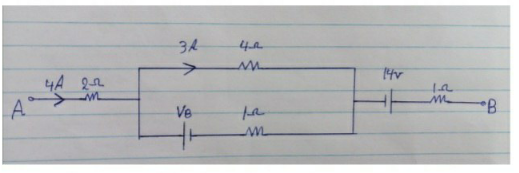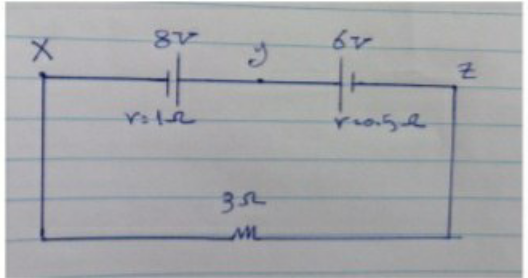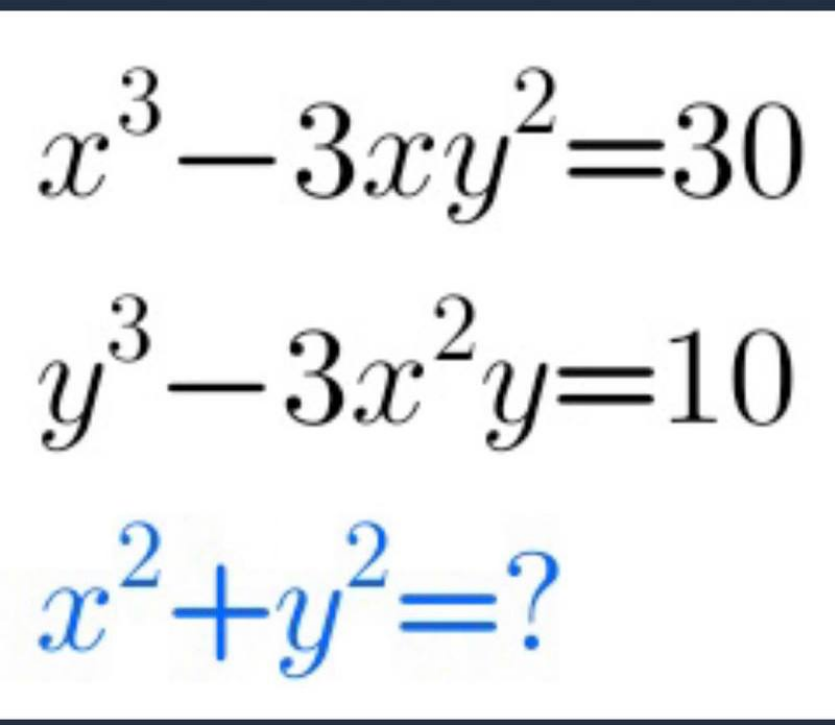
AllQuestion and Answers: Page 732
Question Number 146244 Answers: 2 Comments: 0
Question Number 146242 Answers: 1 Comments: 0
Question Number 146236 Answers: 1 Comments: 0
$$\int\:\frac{\mathrm{3}{x}\:+\:\mathrm{1}}{{x}}\:{dx}\:=\:? \\ $$
Question Number 146235 Answers: 2 Comments: 0
Question Number 146233 Answers: 1 Comments: 1

Question Number 146230 Answers: 1 Comments: 0
Question Number 146227 Answers: 2 Comments: 0
Question Number 146224 Answers: 2 Comments: 0

Question Number 146202 Answers: 3 Comments: 0
$$\int\frac{{lnx}}{{x}−\mathrm{1}}{dx}=....??? \\ $$$${La}\:{primitive} \\ $$
Question Number 146201 Answers: 1 Comments: 0
Question Number 146215 Answers: 3 Comments: 0
$$\int\:\frac{{dx}}{{x}\sqrt{{x}^{\mathrm{2}} −\mathrm{4}}}\:=\:? \\ $$
Question Number 146196 Answers: 2 Comments: 0
Question Number 146197 Answers: 2 Comments: 0
Question Number 146194 Answers: 1 Comments: 0
Question Number 146193 Answers: 2 Comments: 0
$$\mathrm{solve}\:\mathrm{y}^{''} \:−\mathrm{y}^{'} \:+\:\mathrm{y}=\mathrm{xe}^{−\mathrm{x}} \\ $$
Question Number 146183 Answers: 1 Comments: 1

Question Number 146181 Answers: 4 Comments: 0
Question Number 146180 Answers: 0 Comments: 0
Question Number 146176 Answers: 0 Comments: 0

Question Number 146174 Answers: 0 Comments: 0
Question Number 146173 Answers: 0 Comments: 0
Question Number 146172 Answers: 0 Comments: 0
Question Number 146170 Answers: 2 Comments: 0
Question Number 146164 Answers: 1 Comments: 0
Question Number 146158 Answers: 1 Comments: 1

Question Number 146157 Answers: 3 Comments: 0

Pg 727 Pg 728 Pg 729 Pg 730 Pg 731 Pg 732 Pg 733 Pg 734 Pg 735 Pg 736
